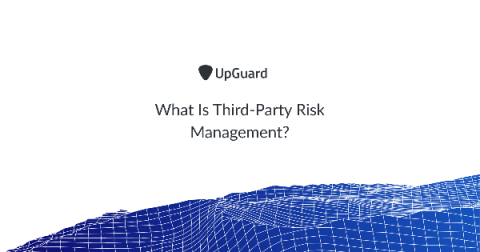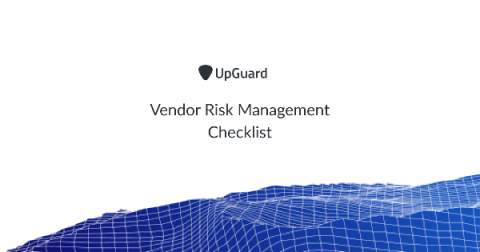What Is Third-Party Risk Management?
Third-party risk management (TPRM) is the process of analyzing and minimizing risks associated with outsourcing to third-party vendors or service providers. This is commonly known as third-party risk or vendor risk and can include financial, environmental, reputational, and security risks due to a vendor's access to intellectual property, sensitive data, personally identifiable information (PII), and protected health information (PHI).





